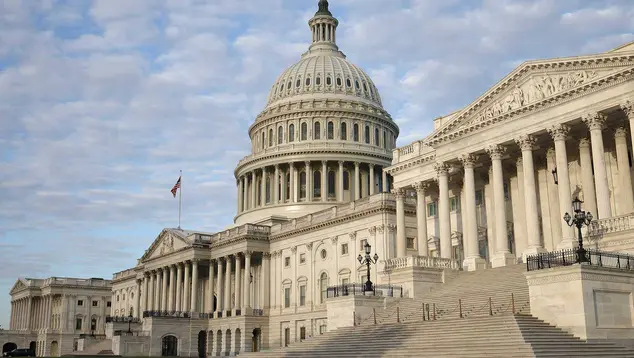Unraveling the Surge in Drug Use Among Bangladeshi Adults

Dhaka, Bangladesh — The escalating use of illicit drugs such as Phensedyl, yaba, and heroin among Bangladeshi adults has become a pressing public health concern. Recent studies and reports indicate a multifaceted crisis influenced by socio-economic, psychological, and systemic factors.
Prevalence and Demographics
A study published in the International Journal of Research in Medical Sciences found that Yaba is the most commonly used drug among substance abusers in Bangladesh, followed by cannabis, Phensedyl, and heroin. The majority of users are males aged between 21 and 30 years, often unemployed and from lower socioeconomic backgrounds.
Socio-Economic and Psychological Factors

Multiple studies highlight that factors such as peer pressure, unemployment, family problems, and mental stress significantly contribute to drug abuse. A review on illegal drug abuse in Bangladesh notes that frustration due to continuous failure in jobs or economic problems, along with curiosity and the influence of Western culture, are leading causes of drug use among teenagers and young adults.
Accessibility and Trafficking
The widespread availability of these drugs exacerbates the problem. Phensedyl, a codeine-based cough syrup, is easily accessible despite being banned, often smuggled from neighboring countries. Yaba, a combination of methamphetamine and caffeine, is trafficked into Bangladesh primarily from Myanmar, exploiting the porous borders. Heroin, though its demand has declined with the advent of yaba, remains in circulation.
Health and Social Implications
The health consequences of drug abuse are severe, including insomnia, memory loss, and increased risk of infectious diseases. Socially, drug addiction leads to strained family relationships, increased crime rates, and a burdened healthcare system. The Department of Narcotics Control reports that approximately 10% of outpatient visits to health centers are due to drug addiction-related complications.

Government and Rehabilitation Efforts
While the government has implemented measures to curb drug trafficking and abuse, challenges persist. There is a shortage of rehabilitation centers, and existing facilities often lack the capacity to meet the demand. Additionally, societal stigma surrounding drug addiction hinders individuals from seeking help.
Addressing the surge in drug use among Bangladeshi adults requires a comprehensive approach that includes strengthening border controls, increasing access to rehabilitation services, and implementing community-based awareness programs. Collaboration between government agencies, non-governmental organizations, and community leaders is essential to combat this growing crisis.






















